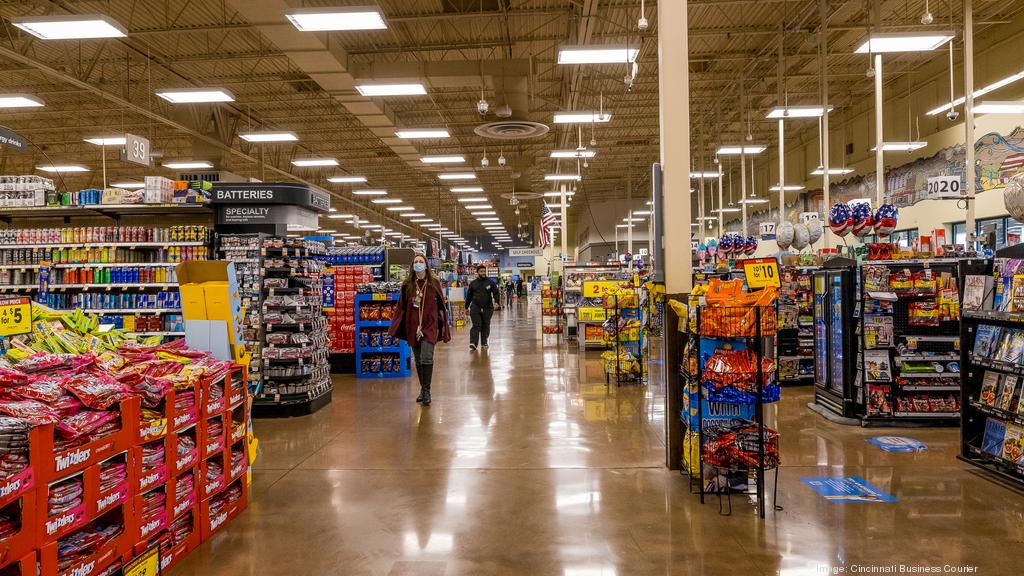Press Releases
Watchdog: Kroger-Albertsons Merger a Raw Deal For American Families and Workers

WASHINGTON, DC — Amid a Federal Trade Commission (FTC) investigation into the pending merger between grocery giants Kroger and Albertsons, today Kroger announced it would sell 413 Stores to C&S Wholesalers in an effort to “help win antitrust approval” for its merger with Albertsons, resulting in shares jumping 6%. However, a growing chorus of lawmakers and consumer advocates have warned the proposed merger could “result in the loss of $334 million in wages,” lead to further consolidation of the food retail market and lead to “fewer grocery stores and higher prices.” And despite claims from the companies that the merger will lead to lower costs, recent history has shown Kroger and Albertsons cannot be counted on to prioritize consumers over their wealthy investors.
Under this merger, American families will have less access to food while paying even higher prices. Meanwhile, thousands of workers face layoffs or deep pay cuts. The people that would primarily come out ahead under this raw deal are a small group of wealthy investors in these grocery giants with a history of profiteering,” said Liz Zelnick, Accountable.US’ Director Of Economic Security And Corporate Power.
“Even before this potential merger, the oligopoly of U.S. grocery companies has been needlessly nickel and diming working families – marking up prices over and over despite reporting huge profits. The industry chose to enrich a small group of investors with generous handouts rather than keep prices stable on everything from bread to baby formula. Even less competition under this proposed deal will only fuel the corporate greed epidemic that is costing everyday families dearly. The scrutiny this deal has come under from policymakers and regulators is wholly justified.”
At this point in time, 60% of grocery sales are concentrated among five food corporations, leading to growing criticism of the industry’s power to anti-competitively set prices amid continuing greedflation. It is no wonder Kroger’s potential merger with Albertsons has spurred bipartisan objections from Sens. Warren, Sanders, and Lee, in addition to the United Food and Commercial Workers Union (UFCW).
Last month, secretaries of states from Colorado, Arizona, Maine, Minnesota, New Mexico, Rhode Island, and Vermont sent a letter to FTC Commission Chair Lina Khan urging the FTC to stop the merger on the grounds that the deal would “result in Kroger-Albertsons controlling nearly a quarter of the entire U.S. food retail market” and give the companies power to “dictate prices that harm growers and shippers.”
The letter further laments Kroger’s choice to increase executive compensation and stock buyback options during the pandemic. The secretaries of state maintain that Kroger-Albertsons “are only responsible to shareholders, who stand to benefit from a $4 billion payout from a merger while grocery store workers who stock shelves are unable to pay for groceries themselves due to low wages.”
C&S Wholesale Grocers will purchase 413 Kroger and Albertsons stores, which need to be divested in order to meet antitrust regulatory requirements. Even with these precautions, this merger has the potential to make inflation and supply chain problems worse for everyday Americans.
###
